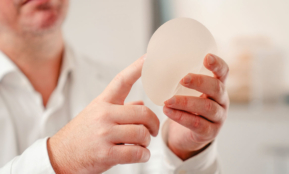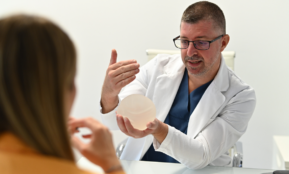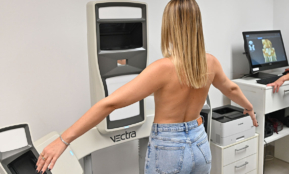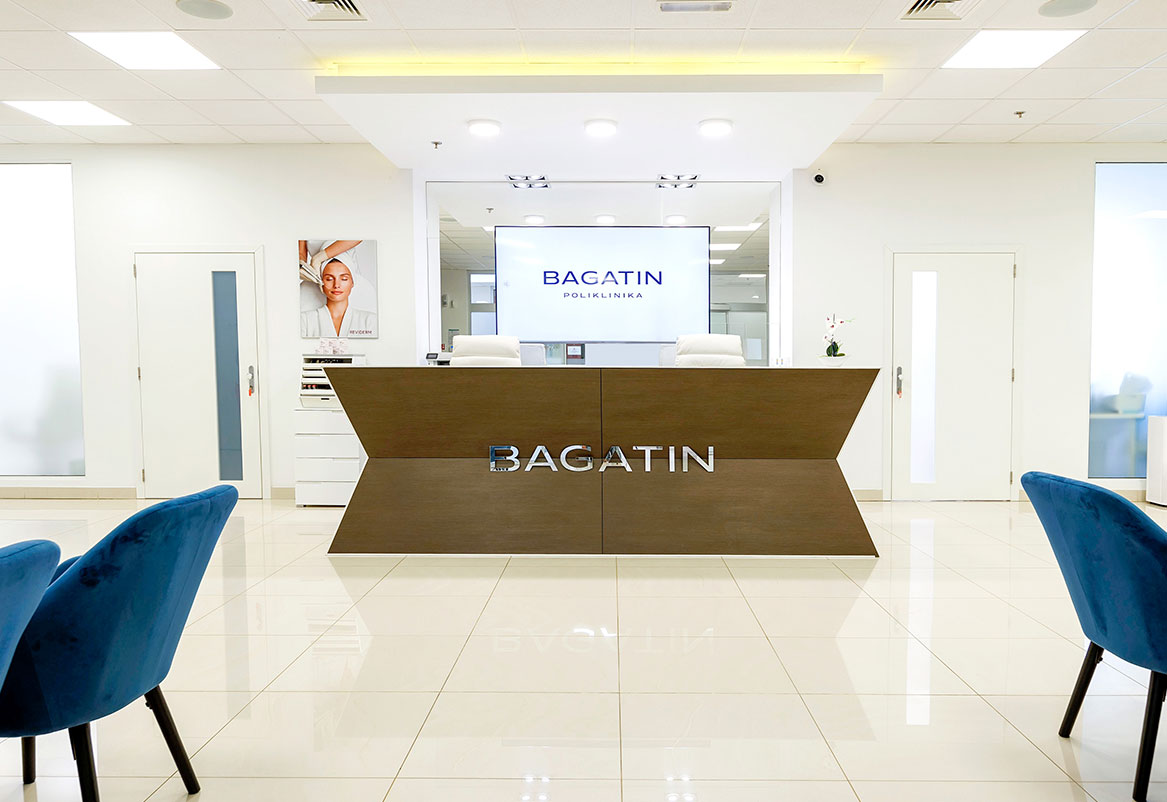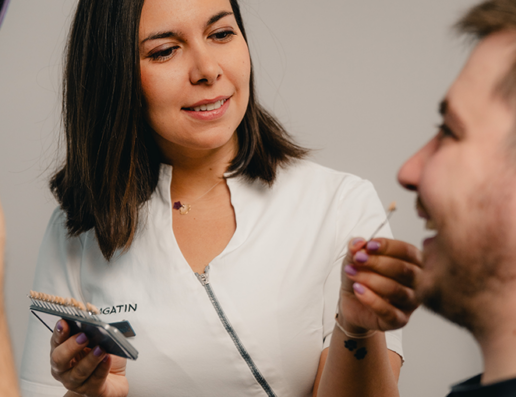Aesthetics
Face
The most modern facial treatments help you look younger, more elegant and happier.
Body
Feel comfortable in your body and correct sources of discomfort.
Chest
Make your wish for a better appearance come true and restore your self-confidence with aesthetic correction.
Hair and scalp
Minimally invasive solutions for hair loss and a natural look.
Issues
Find solutions to some of the most common aesthetic problems.
Treatments
Treatments
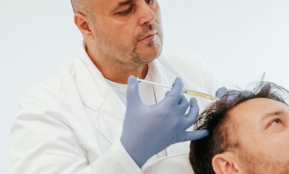
Hair and scalp mesotherapy
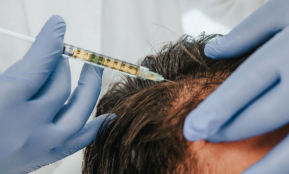
Thinning hair therapy with your own blood
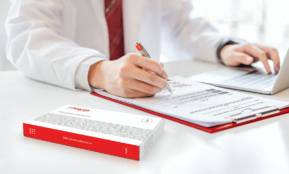
Trichotest – DNA analysis of hair loss and baldness

Hair loss in women – causes and how to prevent it

Hair loss in men – causes and how to prevent it

Alopecia – hair loss
FACE

BODY
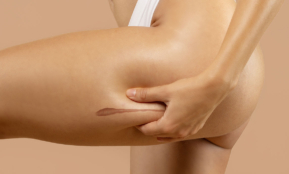
Implantology Center
Different methods of solving the problem of missing one or more teeth.
Prosthetics
The most common solution in cases of functional or aesthetic tooth damage.
Aesthetic Dentistry
Harmonious tooth shaping and tooth color correction according to your wishes.
General Dentistry
Modern and timely diagnostics, treatment and dental hygiene are the key to the health of your teeth.
Issues
Find solutions to some of the most common aesthetic problems.
About us
Locations
Description of the procedure
Tooth extraction is the procedure of removing a tooth from its alveolar (dental) socket in the jaw. This procedure can be simple or surgical, depending on the condition of the tooth and surrounding tissue, and is performed by a dentist or oral surgeon, depending on the complexity of the procedure.
A simple extraction is easiest to describe when the tooth is visible above the gum and the dentist can remove it in one piece.
Surgical tooth extraction is more complex and may involve the removal of gum tissue, part of the bone, or both. The surgeon may need to remove the tooth in pieces.
Alveotomy is the surgical removal of wisdom teeth and is also the most common oral surgical procedure. Wisdom teeth are the last to erupt and are usually the first to require extraction because in many people they are impacted (ingrown). This means they have not fully grown out of the gums.
Candidates
The reasons for tooth extraction vary, and for such a decision, it is most important to follow the dentist’s instructions:
- When a tooth is so damaged that it cannot be repaired with a filling or crown.
- When the disease causes serious damage to the supporting tissue and bone (periodontitis).
- When a tooth infection is serious and cannot be cured with antibiotics or other treatments.
- Before orthodontics when it is necessary to remove teeth to enable proper alignment of the remaining teeth.
- Impacted wisdom teeth that do not have enough space to erupt or are trapped in the jaw.
- For preparation in prosthetics before installation of prostheses, bridges or implants.
Preparation
Before tooth extraction, the dentist will take a CT scan to assess the angle and curvature of the tooth root.
It is also very important to gather the patient’s medical history and any medications the patient is taking and any allergies they have. In certain circumstances, an antibiotic may be prescribed beforehand.
Procedure progress
Tooth extraction begins with the administration of anesthesia so that the procedure is completely painless . The oral surgeon uses instruments to loosen the tooth from its socket, and surgical extraction may require an incision in the gum. After the tooth is released, it is extracted with tweezers. After the tooth is loose, it is extracted with pliers.
During surgical extraction, it may be necessary to cut the tooth into pieces to make it easier to remove. After surgical extraction, stitches may be needed to close the wound.
At the end of the tooth extraction procedure itself, the dentist or oral surgeon applies a thick layer of gauze to control bleeding and encourage the formation of a blood clot.
The entire procedure can last between 30 and 90 minutes, depending on the complexity of the extraction.
Recovery
At least 30-45 minutes to stop the bleeding.
Swelling is a completely normal phenomenon after tooth extraction, and the use of cold compresses helps to reduce it as soon as possible.
Mild to moderate pain is possible, which can be relieved with painkillers as directed by your dentist.
In the first 24 hours, do not rinse your mouth after extraction to allow the formation of a blood clot.
It is recommended to eat soft foods and avoid hot, spicy, and crunchy foods for the first few days.
Precautions
- Avoid smoking : Smoking can interfere with healing and increase the risk of complications.
- Avoid using straws : Sucking can disrupt blood clotting and cause complications.
- Control : After tooth extraction, a control is required after a week to check the healing of the wound and, if necessary, remove the stitches if they have not been absorbed earlier.
Before, during, and after tooth extraction, it is extremely important to cooperate with the dentist and follow all instructions regarding wound care, taking medications, and attending check-ups.
Price
In cooperation with banks, Bagatin Polyclinic provides the option of paying in installments, as well as interest-free payments up to a certain number of installments.
You can check more about payment methods and treatment prices in the current price list of the Bagatin Polyclinic:
They said about us...
Your
Frequently asked questions
Contact us
Contact us with confidence.
By filling out this form, our call center will contact you within 24 hours to arrange your appointment. We keep all information you provide us with in the strictest confidence.
Phone:
E-mail:


